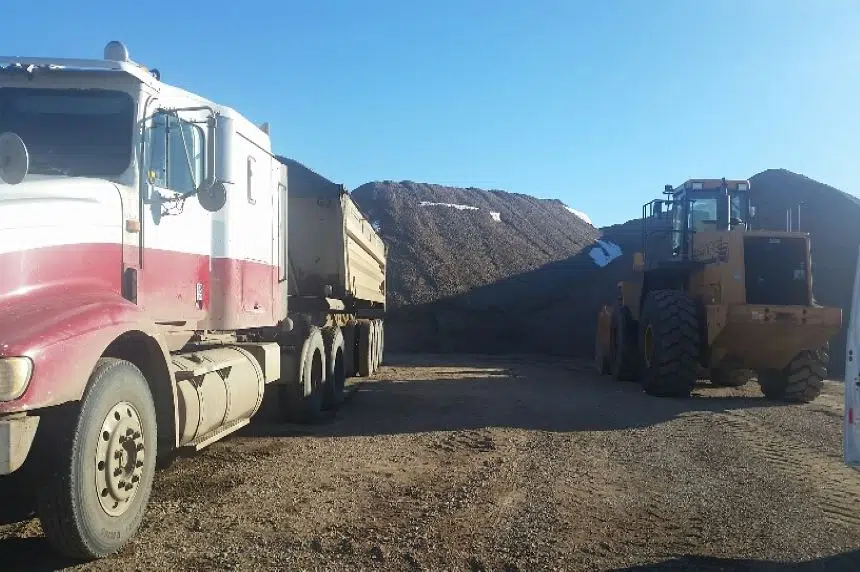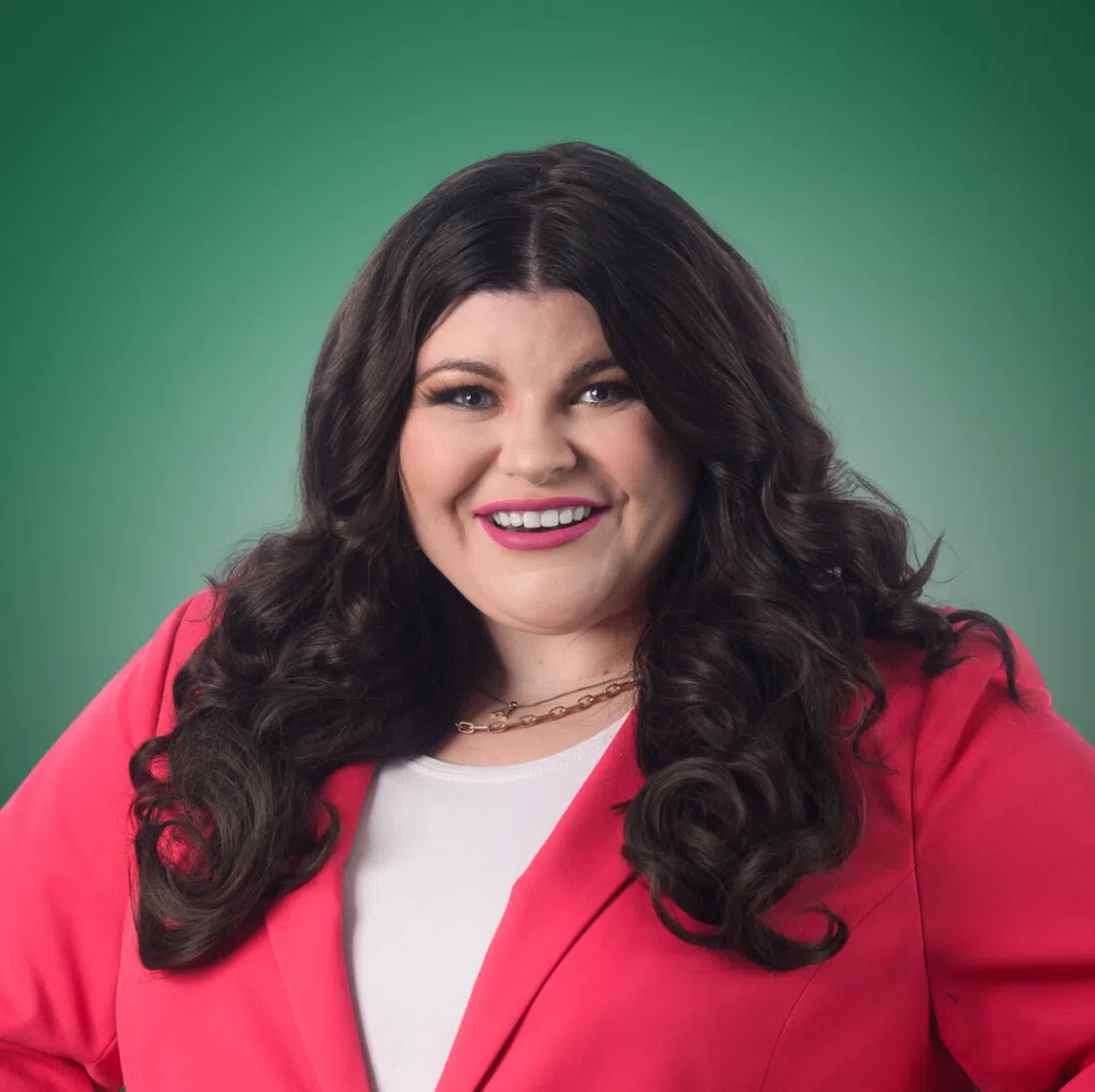The first-degree murder trial of Greg Fertuck heard Wednesday the grand total to stage more than 130 “scenarios,” and to get a murder confession in a Saskatoon hotel room from Fertuck, was $679,292.19.
More than half of that, or about $350,000, was for officer overtime costs.
The officer known as a “cover,” who set up the scenarios, described the days prior to Fertuck’s arrest and exactly how much it cost to do so. He told Crown prosecutor Cory Bliss he tried to keep costs reasonable, but also had to make scenarios “believable.”
The officer can’t be identified because of a court-ordered publication ban.
Bliss also asked him whether there was pressure to deliver a certain result.
“Yes, I feel pressure to get the truth,” said the officer. However, he added he’d never felt pressure for a result of their undercover investigation one way or another.
Earlier in his testimony, the officer told the court that after Fertuck admitted in a posh Saskatoon hotel room June 21, 2019 to a fake “crime boss” he’d killed 51-year-old Sheree Fertuck, the next several days were spent searching the gravel pit where Sheree’s truck was found abandoned as well as locations on the way to Biggar from Saskatoon.
The “organization” was helping Fertuck search for Sheree’s remains and for the .22-calibre rifle Fertuck allegedly said he used to kill her. The officer said the 68-year-old was pretty certain about the locations, but neither Sheree’s remains nor the rifle were ever found.
Fertuck was eventually arrested June 24, 2019 — after a “needle in a haystack” search for the rifle — as he drove into Saskatoon.
Cross-examination
Under cross-examination by defence lawyer Mike Nolin, the officer was questioned about his qualifications and whether the “Mr. Big” investigation attempted to seek the truth by lying.
“Yes,” admitted the officer.
However, he added the “organization” also went to great lengths to establish there was a legitimate side to the fake business, and an illegal side. The defence, however, challenged that notion by asking whether the “legitimate” side laundered money for the illegal side.
“You are aware that’s breaking the law,” asked Nolin.
“Yes, I suppose,” answered the officer.
Nolin then presented the idea that there was no way for Fertuck to avoid breaking the law by working for the “organization.”
“There was no legitimate business is what I’m suggesting,” said Nolin, adding the undercover operation didn’t give Fertuck the opportunity to drive a pallet truck “or something.”
“I really don’t agree with you,” said the officer.
“You paid cash under the table for both jobs, which is illegal,” Nolin reiterated.
“I disagree,” said the officer.
Nolin then likened the investigation on Fertuck to that of a predator/prey relationship, adding it was built on what Nolin said were lies. He included his client in that.
The officer told the court he was aware of two situations during which Fertuck didn’t appear to be telling the truth, including an alleged hotel room robbery and murder in Langley, B.C. during a time when Fertuck was tasked with guarding a thumb drive for the “organization.”
The officer was also asked why there were situations during which no recordings were made. During a Crown redirect question, he explained that during some instances like trips to a “gentleman’s club” that often patrons were searched for recording devices and they wanted to avoid that.
The testimony about the Mr. Big operation is part of a voire dire — a hearing within the trial — and the admissibility of the testimony to the trial proper will be determined by Justice Richard Danyliuk.
Additional undercover officers are expected to testify in the coming days.











